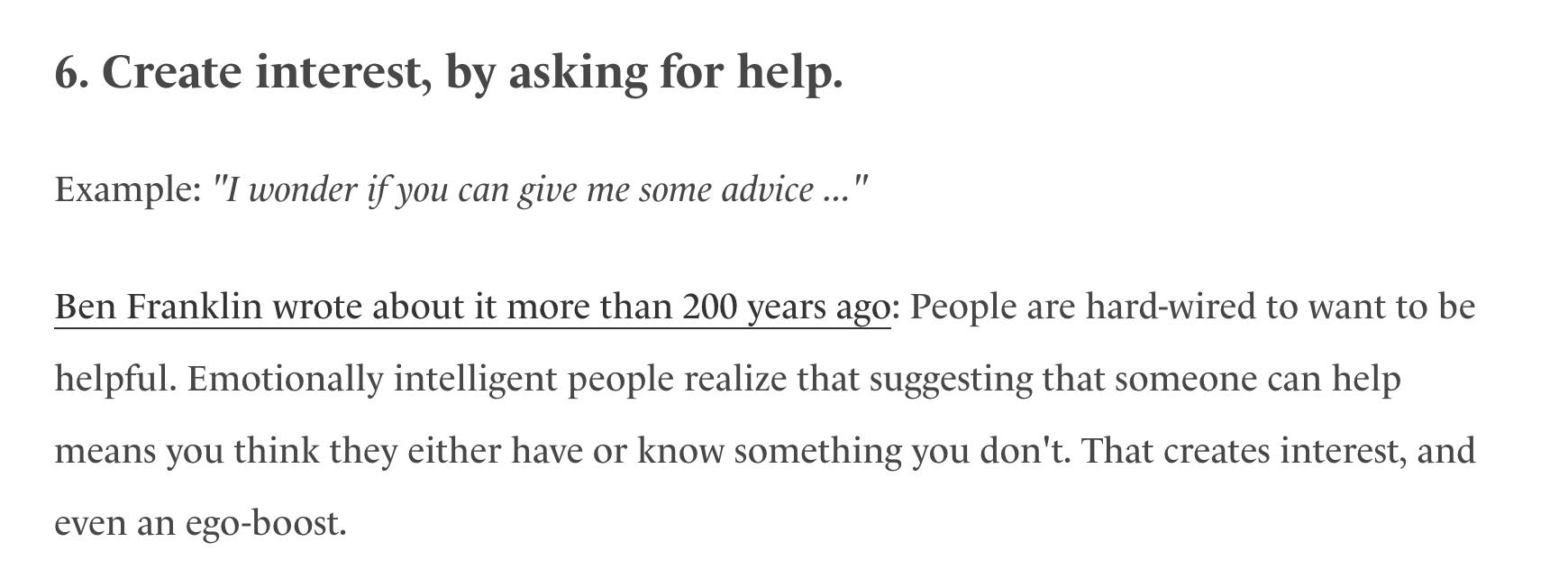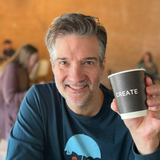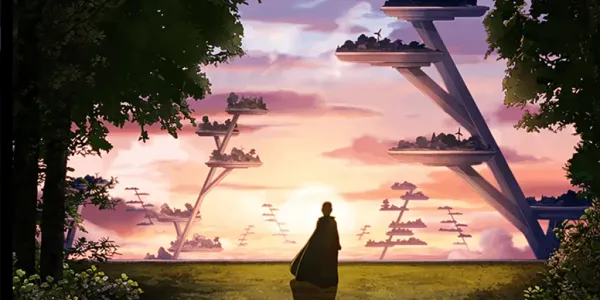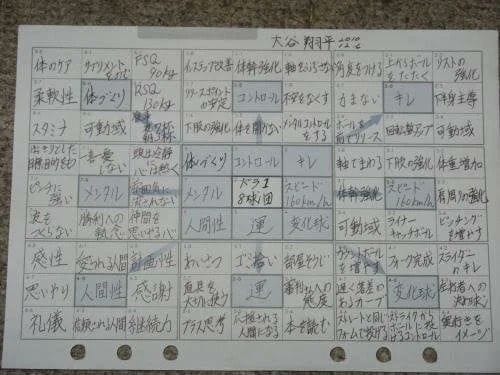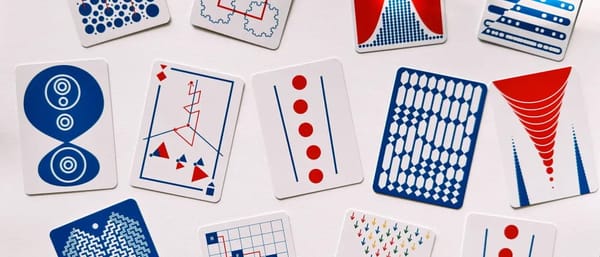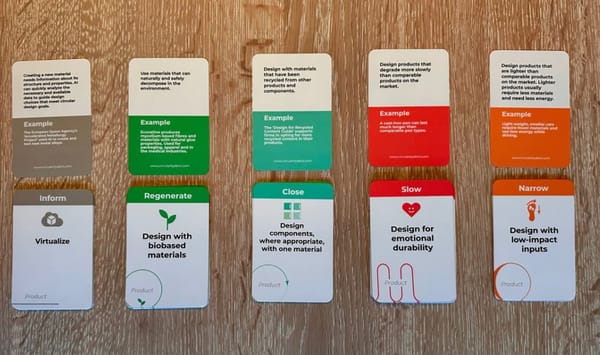№ 2 | Design + Architecture Processes, Multisensory Perception and Architecture, “The Case Against Choose-Your-Own-Adventure Education,” Learning Styles, and Clever Ways to Connect with Others
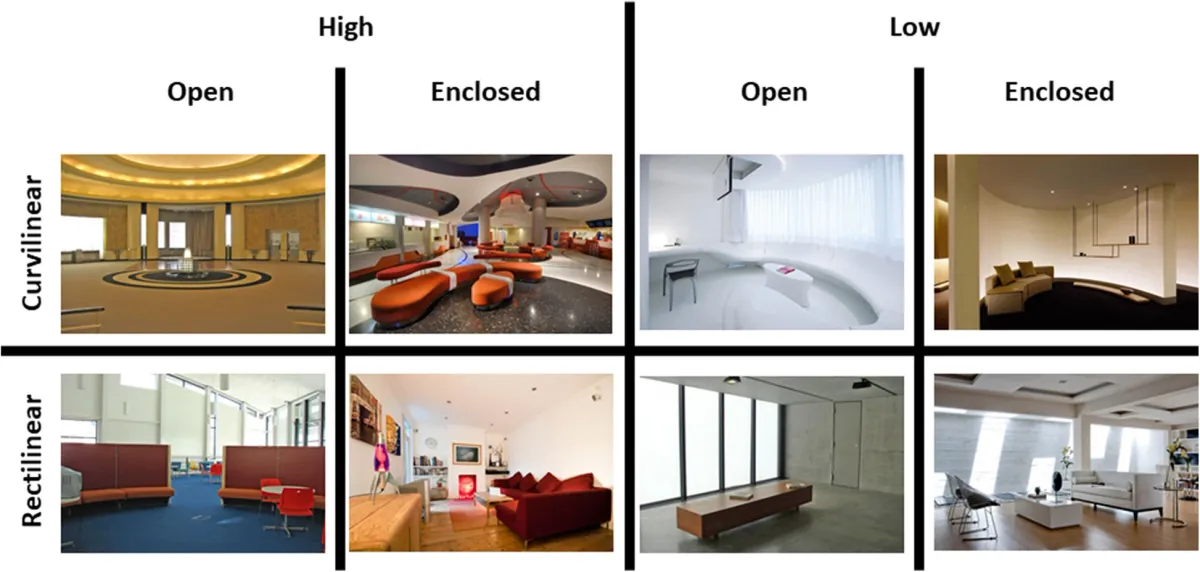
Is this how designers work?
I posted this on twitter, and a just few people 😲 found it interesting.

Speaking of architecture, one of my co-workers shared this next piece with me:
Multisensory perception and architecture.
Here's your weekly (!? 🤨) dose of academic literature: "Senses of place: architectural design for the multisensory mind." This research paper explores the relationship between human senses (and the resulting perceptions) in relation to architectural design. Why?
The hope is that such a multisensory approach, in transitioning from the laboratory to the real world application domain of architectural design practice, will lead on to the development of buildings and urban spaces that do a better job of promoting our social, cognitive, and emotional development.
Naturally, I devoured this paper. Subjective perceptions. “Sensism.” Background music. Hard vs soft shapes. “Sick building syndrome” (a new term to me!). Designing spaces for more than what we see. There is so, so much to mine from this—I'll be returning to it again. And again.
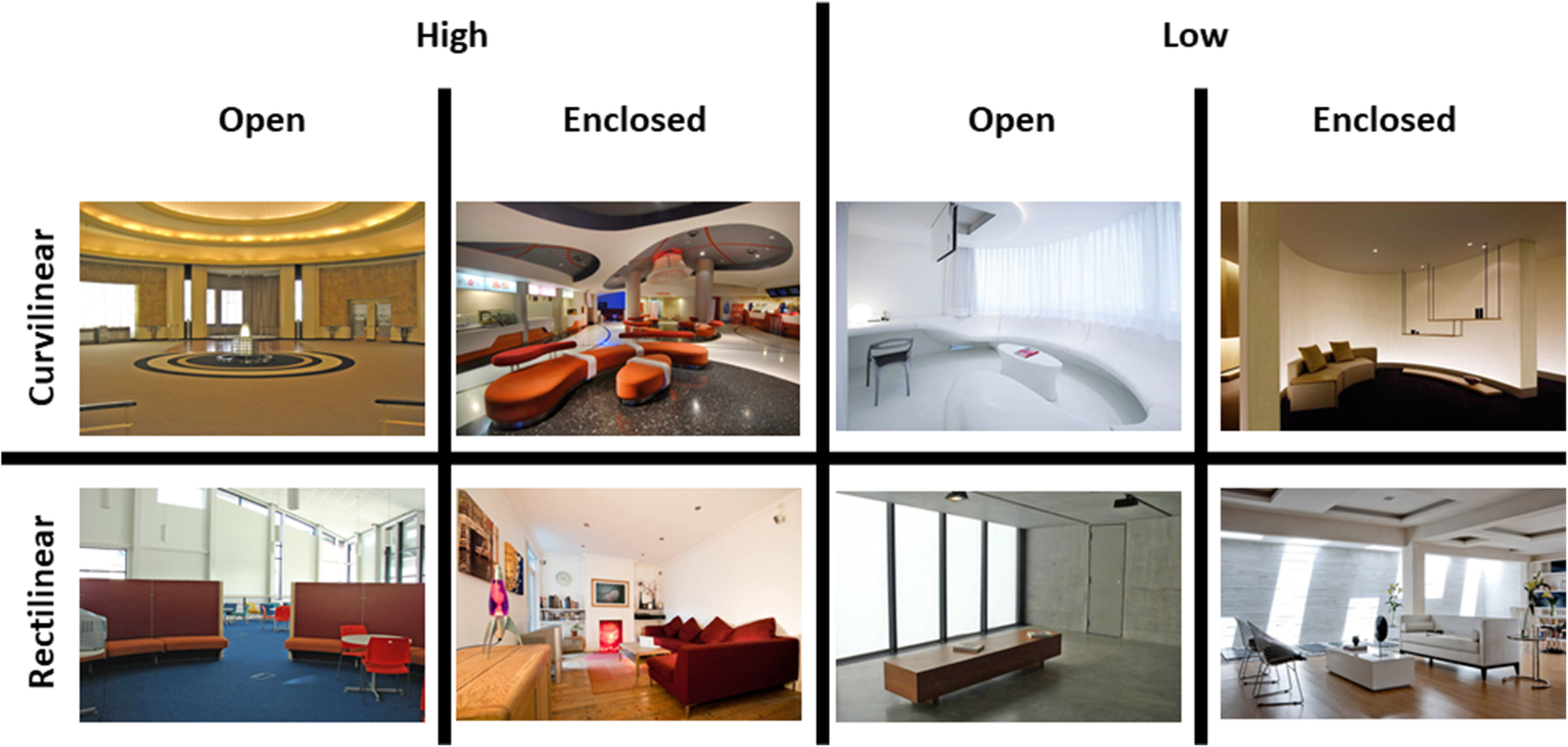
Learning, higher education, and Choose Your Own Adventure books.
Reading “The Case Against Choose-Your-Own-Adventure Education” sparked a lot of musings. The CYOA analogy is just that, an analogy, to critique how universities have shifted the burden of a learning plan onto students, and in doing so, done a disservice to learning (example from the essay: "If I had taken that lab course early, before I learned about the theory, maybe I would have enjoyed small-scale biology better?"). I liked that the author makes a distinction between having no learning goals (in which case you should “follow our path”) or of you're clear on your learning goals, there's no issue with rolling your own learning plan.
And then this bit:
On the web, the challenge is not in finding stuff to learn, but in deciding what to learn.
…left me wondering if there's a market opportunity to curate and sequence existing content (videos/classes/articles/etc.) from across the Web…🤔

PSA: Learning styles don't actually exist.
Hey, before you get mad at me, just read up on what research says about so called “visual” or “kinesthetic” learners. Maybe the happy compromise would be to say some of us have nurtured a particular learning preference? 😬

Maybe I should have read this next article, before stirring the pot!
Clever ways to connect with others
Here's something I came across a few weeks ago: “17 Tricks Emotionally Intelligent People Use to Avoid Awkward Conversations and Get Along With Everyone.” The title says it all. Some good tips here.
